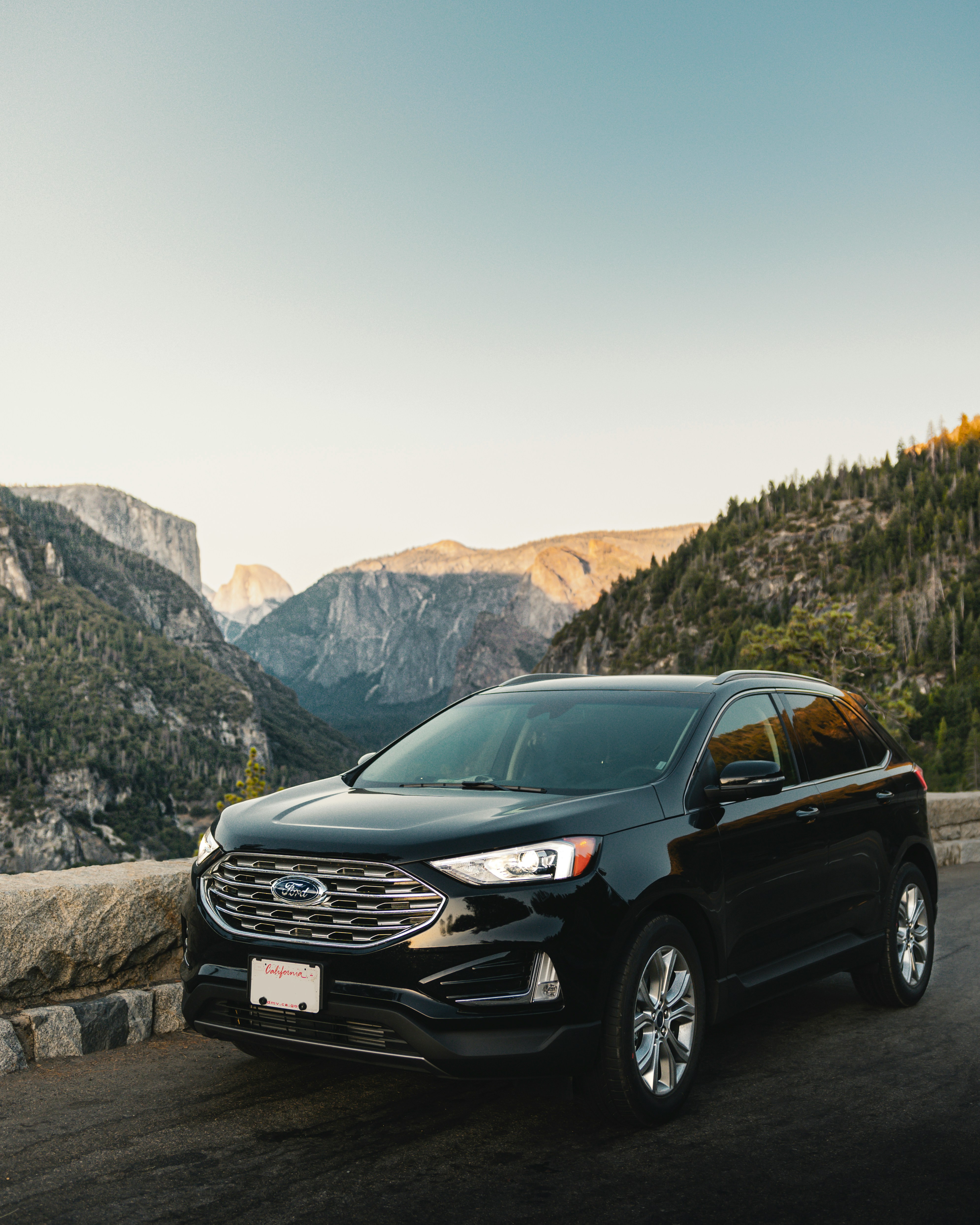Understanding the Economic Advantages of Buying Used

25 Apr 2024
In a world where financial prudence is paramount, the allure of buying a used car shines brighter than ever. Beyond the initial cost savings, there's a treasure trove of economic advantages waiting to be discovered by savvy car buyers. In this blog, we'll uncover the hidden gems of purchasing a used vehicle, revealing how it can lead to significant long-term savings and financial freedom.Depreciation Dilemma:
The depreciation of a new car is one of the greatest financial pitfalls facing buyers. As soon as a new car is driven off the lot, it begins to lose value at an alarming rate. By purchasing a used car, buyers can avoid the steep depreciation curve and enjoy a vehicle that holds its value much more effectively over time. This means less money lost in depreciation and more value retained in the long run.
Budget-Friendly Options:
For buyers on a budget, the affordability of used cars opens doors to a world of possibilities. With a wide range of makes, models, and years available, buyers can find a vehicle that meets their needs and fits comfortably within their budget. Whether it's a reliable commuter car, a family-friendly SUV, or a sleek sports car, the used car market offers something for every budget and lifestyle.
Lower Insurance Costs:
Insurance premiums for used cars are typically lower than those for new cars, offering yet another avenue for savings. Because the value of a used car is lower than that of a new car, insurance companies often charge lower premiums to insure them. This means buyers can enjoy comprehensive coverage and peace of mind without breaking the bank.
Reduced Registration Fees:
In many states, registration fees for used cars are significantly lower than those for new cars. Because registration fees are often based on the vehicle's value and age, buyers of used cars can save big on annual registration costs. This allows them to allocate more of their budget towards other expenses or savings goals.
Smarter Financing Options:
Financing a used car often comes with more favorable terms and interest rates compared to financing a new car. With a lower purchase price and reduced depreciation, lenders view used cars as less risky investments, resulting in more attractive financing options for buyers. This means lower monthly payments and less interest paid over the life of the loan, putting more money back in the buyer's pocket.
Conclusion:
In conclusion, the economic advantages of buying used cars extend far beyond the initial cost savings. From avoiding steep depreciation and enjoying budget-friendly options to benefiting from lower insurance costs, reduced registration fees, and smarter financing options, purchasing a used car offers a wealth of financial benefits. By understanding these advantages and leveraging the opportunities available in the used car market, buyers can make informed decisions that lead to significant long-term savings and financial freedom. Whether seeking a reliable daily driver or a stylish weekend cruiser, buying used is a smart choice that pays dividends for years to come.